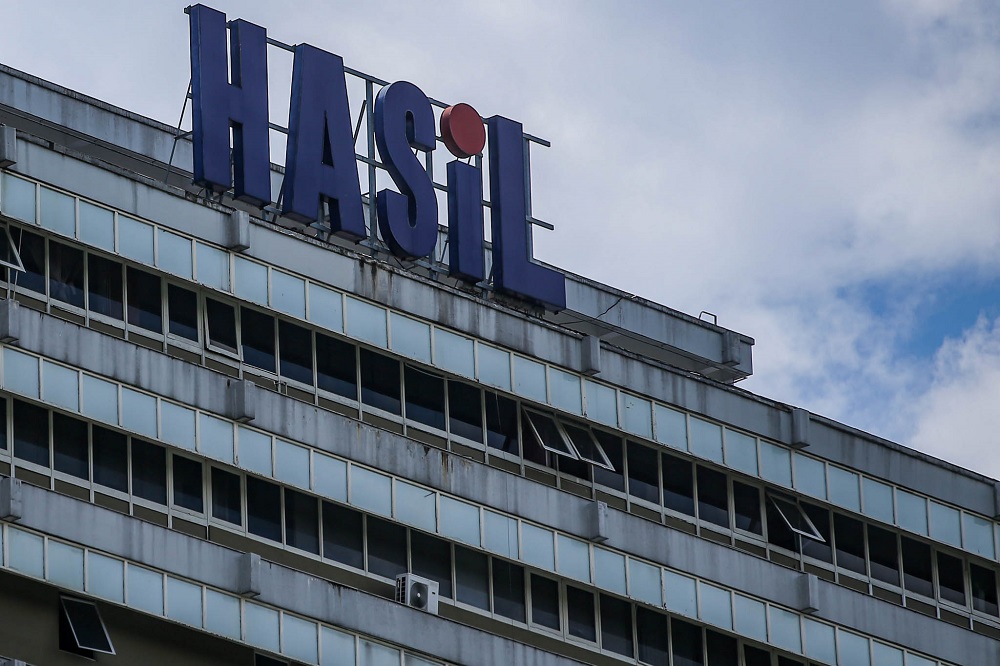IRB chief executive officer, Datuk Mohd Nizom Sairi said the IRB conducted a three-day subsidised cooking oil operation code named Op Saji, beginning March 21, to conduct tax investigations into 63 companies, targeting subsidised cooking oil repackaging companies. — Picture by Hari Anggara
CYBERJAYA, March 23 — The Inland Revenue Board (IRB) has detected an element of tax evasion, involving an estimated sum of RM200 million, by cooking oil companies who received cooking oil subsidies.
Its chief executive officer, Datuk Mohd Nizom Sairi said the IRB conducted a three-day subsidised cooking oil operation code named Op Saji, beginning March 21, to conduct tax investigations into 63 companies, targeting subsidised cooking oil repackaging companies.
“We found companies that had not reported the proper sales amount as well as did not file their taxes,” he said in a press conference on Op Saji at the IRB headquarters here today.
Of the 63 companies investigated, 44 under-declared their earnings, 19 did not declare income tax, as well as there were checks on 127 directors of the related companies, he said.
According to him, the results of the inspection of premises during Op Saji also found that the companies did not report the sales of subsidised oil, used other parties’ subsidised oil quotas and sold the oil illegally, not fully using the packaging quota as allocated but demanded full subsidy payment.
On the modus operandi of the misappropriation of cooking oil subsidies, Mohd Nizom said the companies involved in obtaining subsidised cooking oil supplies from supplier companies used licences from other companies to sell at market prices.
“They also hired a third party to manage the transfer of cooking oil for the purpose of sales abroad, demand subsidies but without sales of packaged cooking oil, besides creating fake wholesalers for the purpose of claiming subsidies but the wholesaler was the company itself,” he said.
He added that under reporting of income as a result of cooking oil subsidy misappropriation activities was estimated at RM1 billion involving tax assessment years 2018 to 2020. — Bernama

